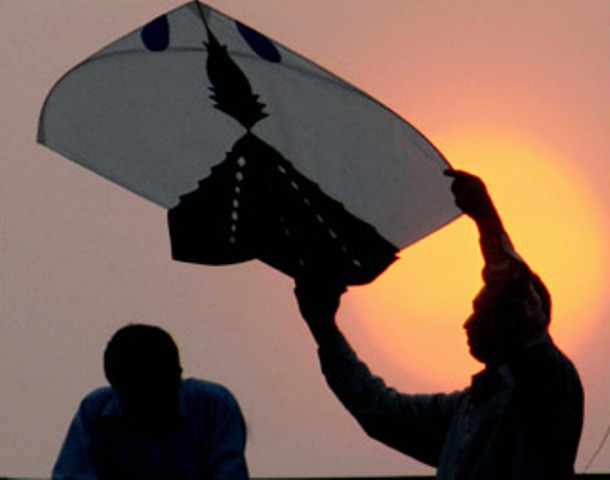Basant ban: Why did they give us hope?
Punjab government had set up a committee to review the kite-flying ban but in the end it decided to retain the ban.

Basant ban: Why did they give us hope?
To make sure he could capitalise on the opportunity, he needed to build up a stock of kites to sell. But Ashraf had no money to buy paper, so he borrowed some from a moneylender to get his raw material and set about making kites. He would pay them back with the profits from the huge sales sure to follow as Basant approached.
But in the end, the Punjab government decided to retain the ban on kite-flying. As a result, many small kite and string manufacturers like Ashraf are now in debt. And they are not the only ones left to rue the ban, as Basant was a major draw for this city’s tourist industry.
“Why did they give us hope?” asks Ashraf, referring to the Punjab government’s decision to set up the committee in the first place. “The lenders are asking for their money back. All I have is this paper and the kites I made. They are useless now.”
Ashraf said he was trying to sell the paper he had not used, but the price had dropped since the announcement that the ban was being retained. There wasn’t even much demand from kite-makers in other districts, he said.
“The committee never consulted us before announcing their decision,” said Sheikh Saleem, the general secretary of the District Kite Flying Association. He said that the committee was “not serious” from the first day. He believed that the committee was only formed to “humour” Nawaz Sharif, who had asked that the committee consider ways to make Basant safe. “What will happen to the manufacturers who borrowed money to purchase raw materials?”
Saleem said that if the government concentrated its efforts on stopping the manufacturers of dangerous kite string, Basant would automatically become much safer.
Rao Akram Khan, the president of the Anti Kite Flying Association, said the decision to retain the ban on kite-flying would save many lives. He said that the thread used in making kite string was the same as that used by the manufacturers of bulletproof jackets.
He said it was worse for a family to lose someone to kite string than to a suicide attack, since they would never know who had actually killed their loved one.
For the hotel and restaurant industry, the ban translates to a loss of business. Irshad Anjum, the general manager of the Pearl Continental, told The Express Tribune that when Basant was last celebrated in Lahore, the hotel earned approximately Rs30 million in just two days as visitors poured in from all over the world, particularly India. “I still get calls from abroad asking about Basant,” he said. “It used to be the most profitable season, not just for us but for all the hotels.”
Anjum said though the coming of spring was still celebrated in the form of Jashn-e-Baharan and there was a special food festival in the hotel every year, the impact was not the same. “The government should take steps to stop the manufacturing of dangerous string because Basant gave the city a unique standing globally,” he said.
District Coordination Officer Ahad Khan Cheema said that the ban was not lifted for reasons of public safety. “Whoever is caught violating the ban will be dealt with in accordance with the law,” he said.
Published in The Express Tribune, February 21st, 2011.


















COMMENTS
Comments are moderated and generally will be posted if they are on-topic and not abusive.
For more information, please see our Comments FAQ